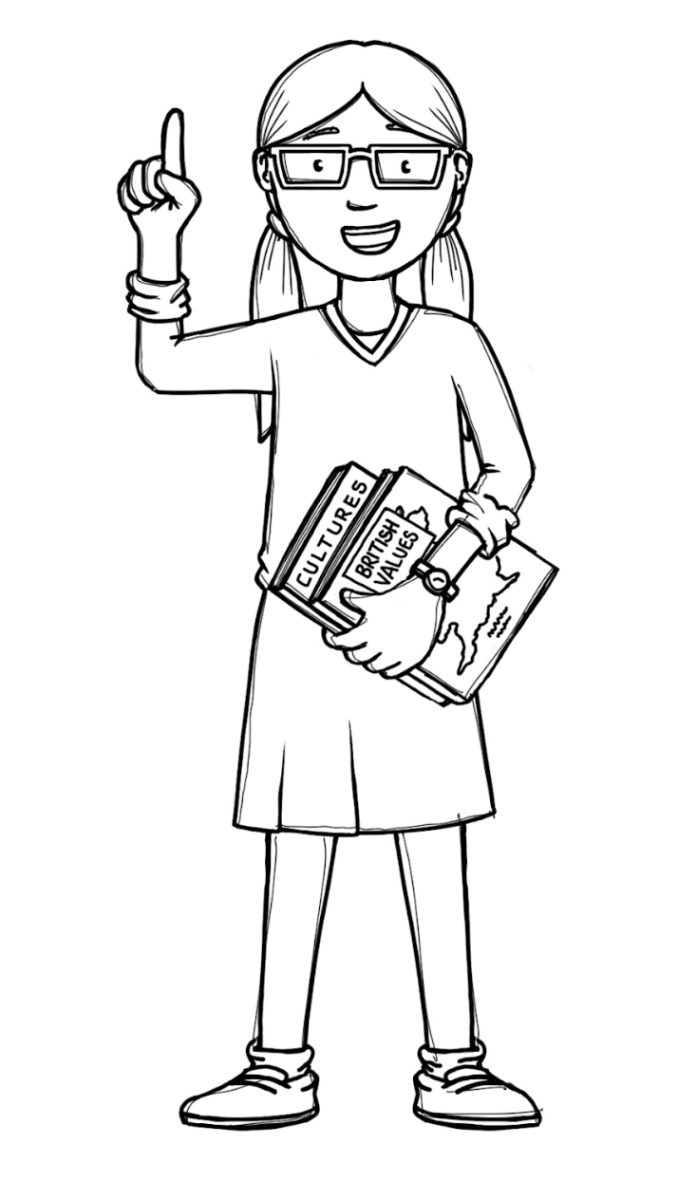At St George’s, our school motto is ‘Let your light shine."
We facilitate our individuals shining through the teaching of PSHE and through teaching children to become independent, responsible citizens who have an awareness of right and wrong. In-line with the curriculum, the teaching of PSHE equips pupils to leave primary education with a solid understanding of social skills, moral beliefs, sex education and radicalisation.
The Government has committed to making the health education and relationships education/RSE aspects of PSHE compulsory from September 2020 and we continue to strive to meet all aspects of the PSHE curriculum at St George’s.
At St George’s we use the Coram Life Education programme called SCARF (which stands for Safety, Caring, Achievement, Resilience and Friendship) this provides a whole-school approach to building the essential foundations – crucial for children to achieve their best, academically and socially. Mapped to the PSHE Association programmes of study, SCARF is comprehensive PSHE and Wellbeing programme throughout the primary years. SCARF is a whole-school approach to promoting behaviour, safety, achievement and wellbeing. We also have yearly visits from the Life Education Mobile Classroom. The syllabus contains many units relating to current issues within today’s world and society, while providing full coverage for all areas of PSHE. Lessons are taught through a variety of teaching and learning styles such as role-play, storytelling and games and these are extremely effective when engaging pupils, making learning purposeful. In addition to this, elements of PSHE are taught subtly.
The National Curriculum states that ‘Personal, social, health and economic (PSHE) education is an important and necessary part of all pupils’ education. All schools should teach PSHE, drawing on good practice, and this expectation is outlined in the national curriculum.’
PSHE is a non-statutory subject. Schools should seek to use PSHE education to build, where appropriate, on the statutory content already outlined in the national curriculum, the basic school curriculum and in statutory guidance on: drug education, financial education, sex and relationship education (SRE) and the importance of physical activity and diet for a healthy lifestyle.
Early Years Foundation Stage
Through Personal, Social, Emotional Development children are supported to build constructive and respectful relationships that allow them to play, learn and develop alongside both adults and their peers. As children make friendships they learn to manage conflict and rivalries with the support of adults. Children are empowered to envisage themselves as valuable individuals who are aware of what makes them unique In the Early Years.
They are encouraged to express their feelings and adults carefully model the handling of these feelings and emotions to support children in becoming independent in moderating their own feelings. Children are taught to manage their own physical needs and understand the importance of respecting others' privacy.
A large part of the curriculum in the Early Years supports the developing resilience within young children, children are encouraged to persevere to meet their goals and targets. As a part of the learning journey experienced in the Early Years, developing the understanding of rules and routines is an integral part that runs parallel to all.
Within the EYFS lessons from our SCARF resources are also taught on a weekly basis to focus on the objectives from the EYFS.
Sex and Relationship Education
Sex Education is also part of the Personal, Social and Health Education programme. Care of oneself and consideration for others are central themes that lead naturally to later work on the physical and emotional changes that take place during puberty. Sex Education is taught in the context of marriage, relationships, family life and the responsibilities of parenthood. Copies of the full Sex Education Policy are available upon request at the school office and came be found on the Policies page.
Enrichment Activities
At St George’s we have many days throughout the academic year which have a focus on PSHE. In addition to these, many educational visits incorporate elements of PSHE and develop children within their own local area, community and areas further afield. Our children are given many varied opportunities to develop their skills in the wider environment and these hands-on life-lessons ensure increasing confidence for all children. Below are just some of the initiatives we take part in:
- Anti-bullying week “Friendship Week” – we learn to value that each of us is different but we are all equal, we celebrate this holding House Challenges, an assembly and focused PSHE lessons throughout the week to support this.
- Weekly Forest School sessions provide opportunities for children to practice their skills of citizenship, self confidence, and support increasing their self esteem and well being.
- Children in Need – we support this charity by having a spotty dressing up day, a focused assembly, taking part in a penny Pudsey picture and other activities throughout the day.
- Termly educational visits and residential visits provide opportunities for children to engender and practise their skills of citizenship, confidence and support increasing self-esteem.
More information can be found on the governments website

